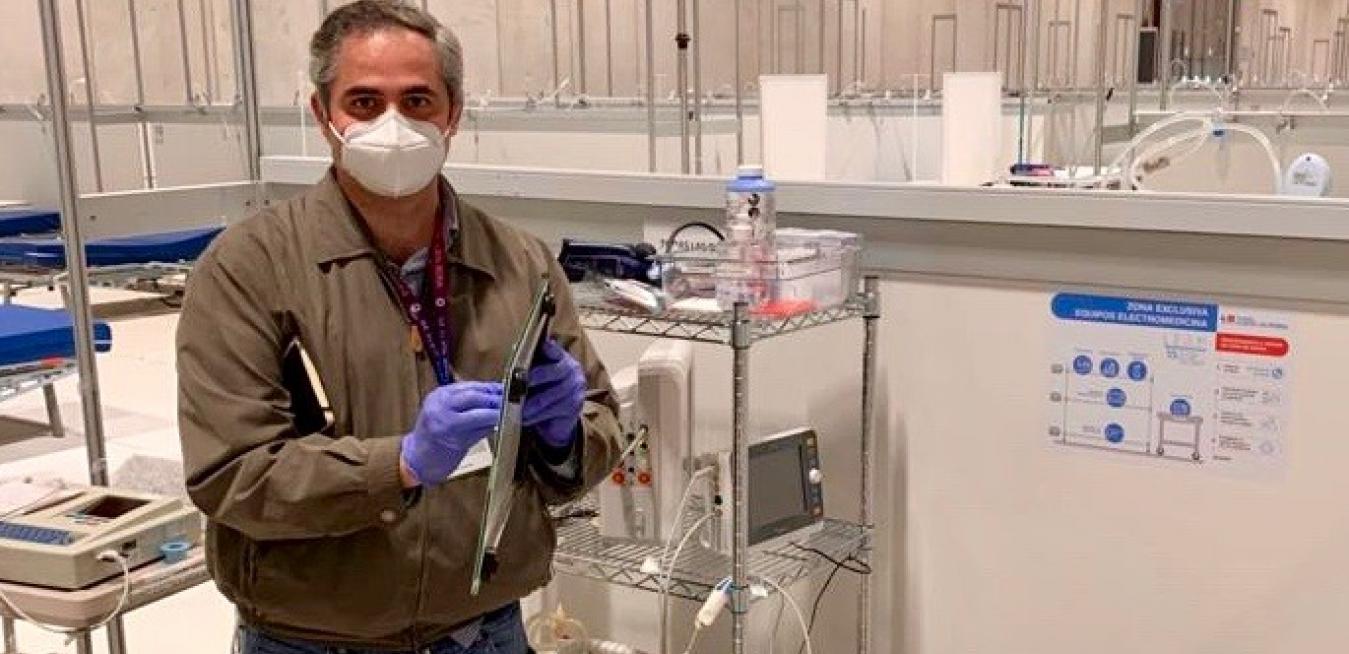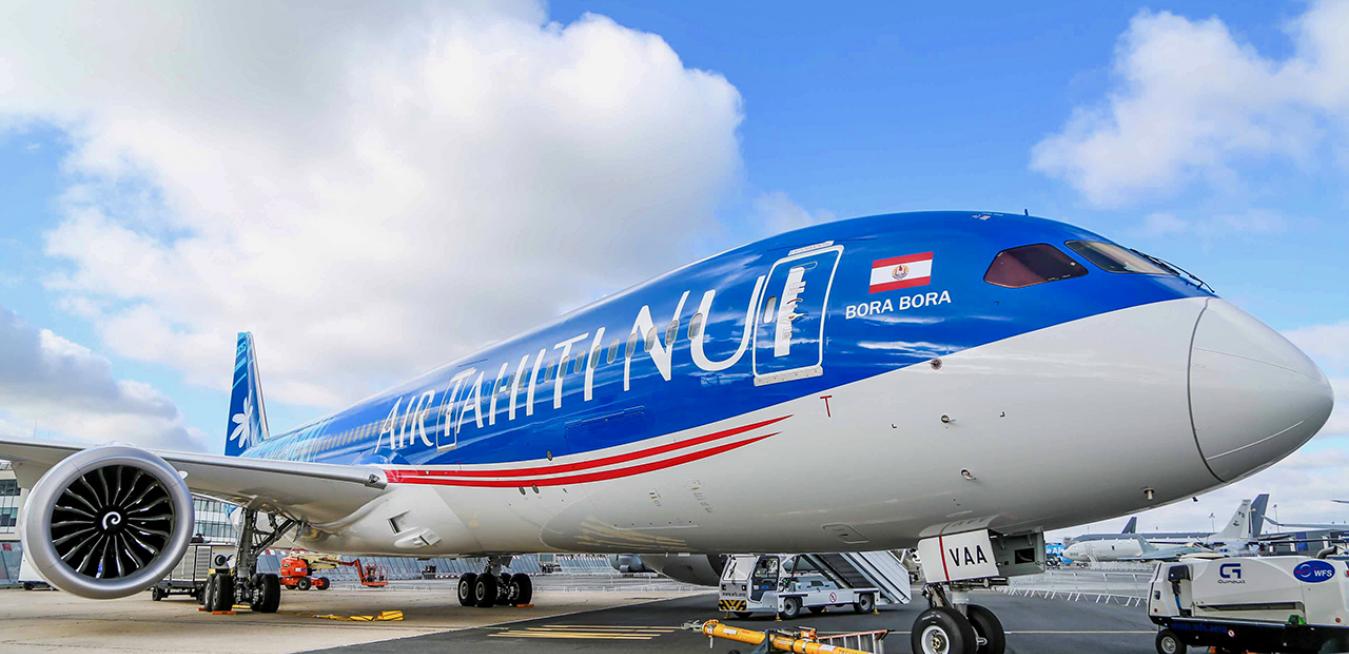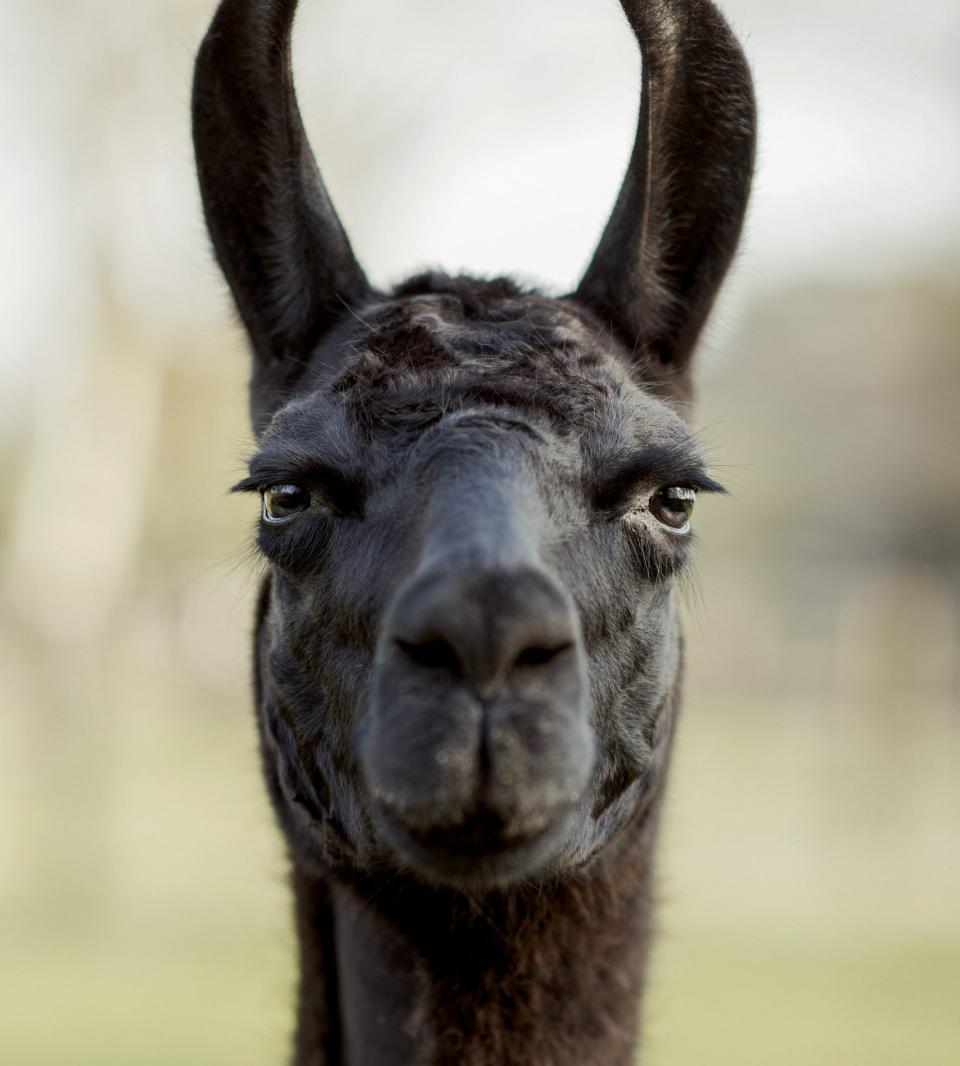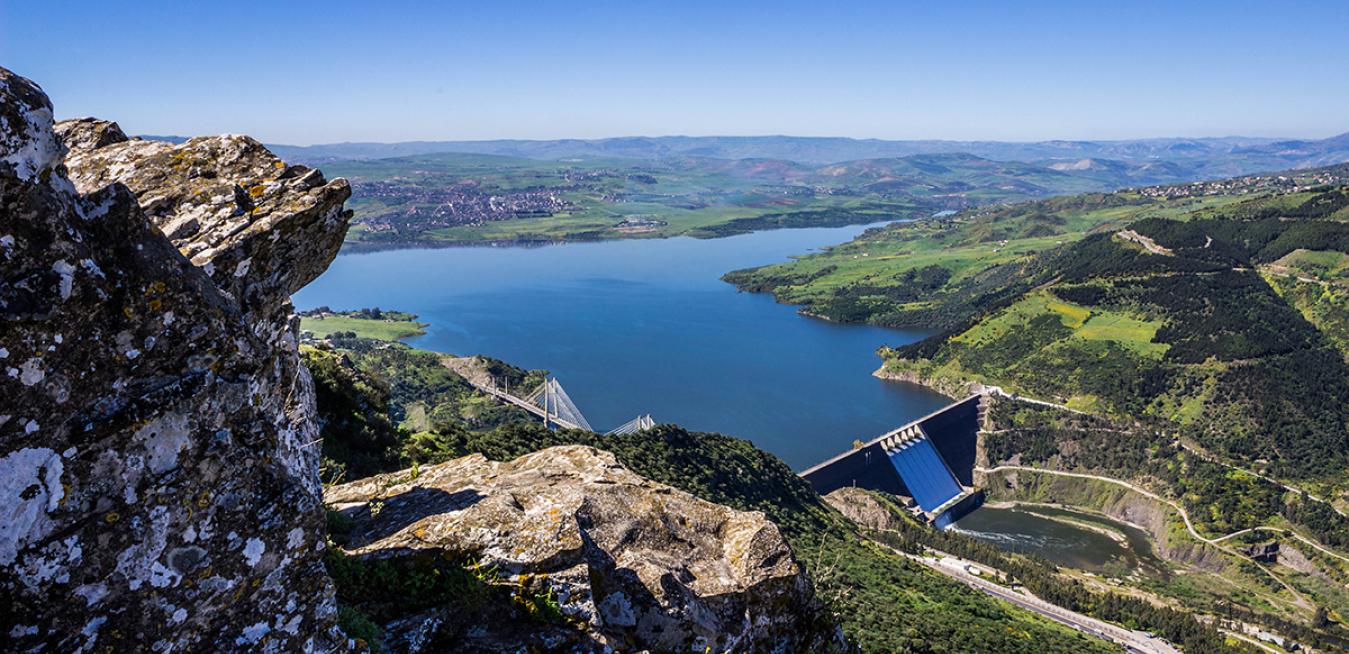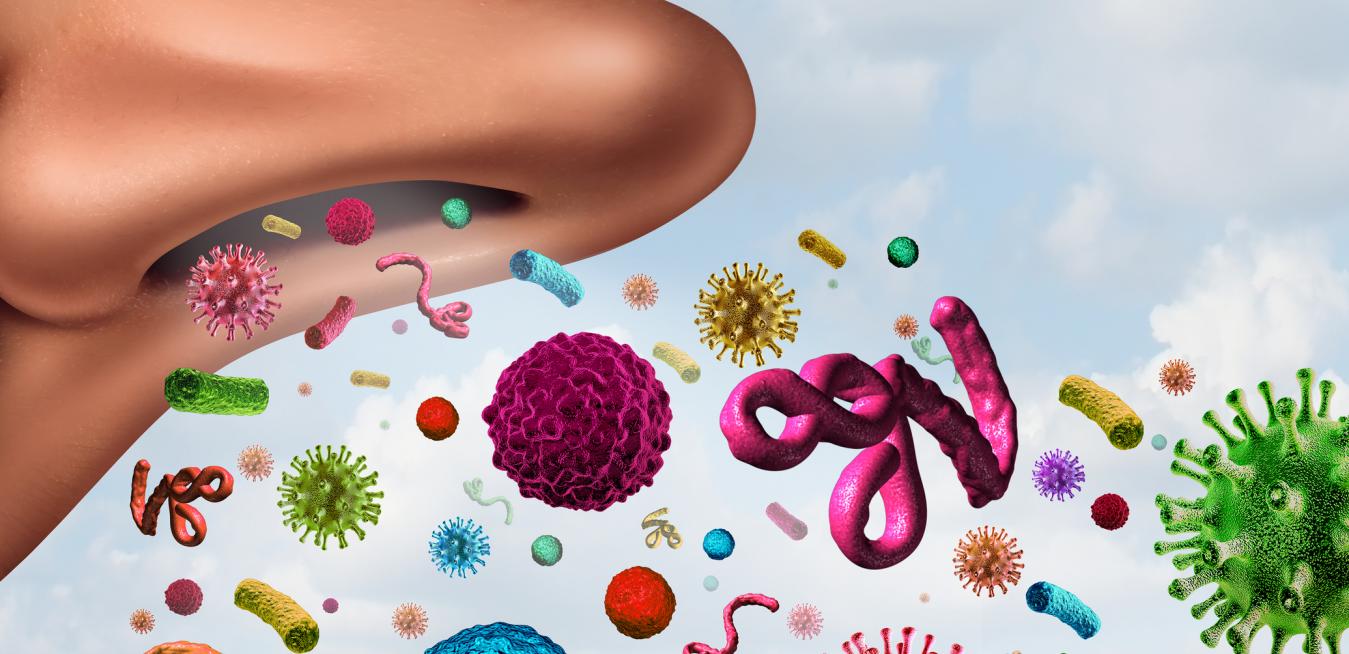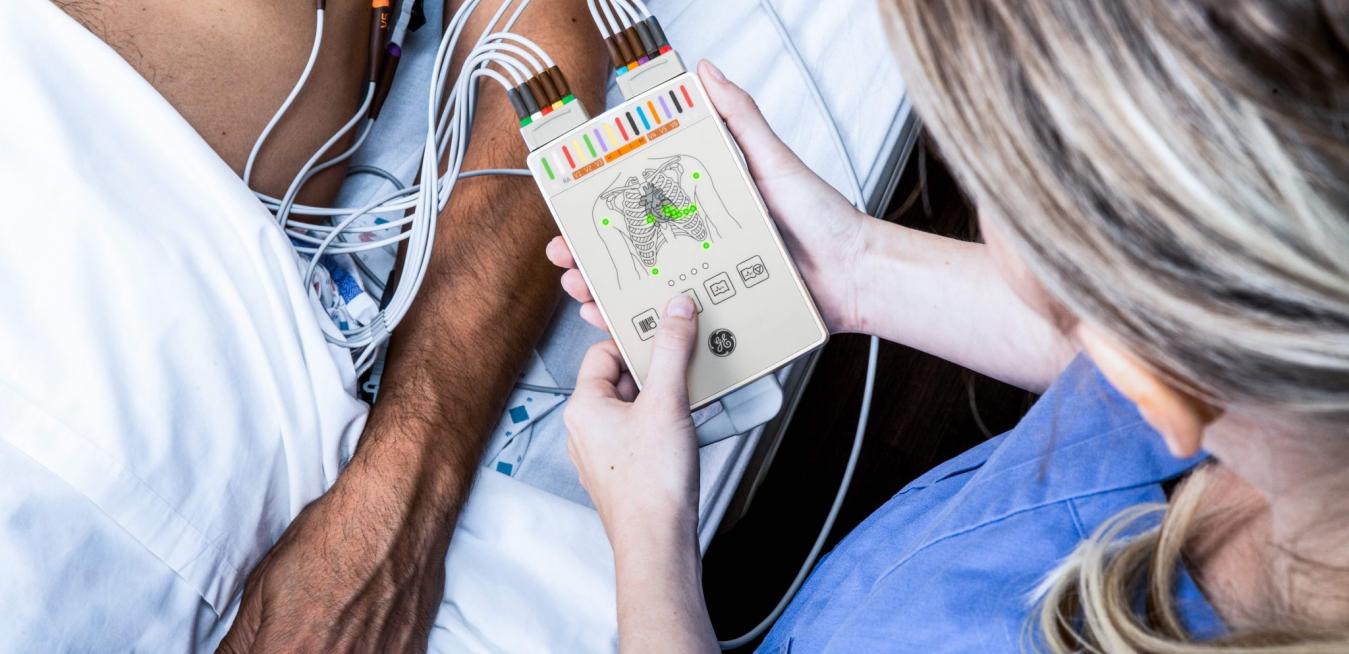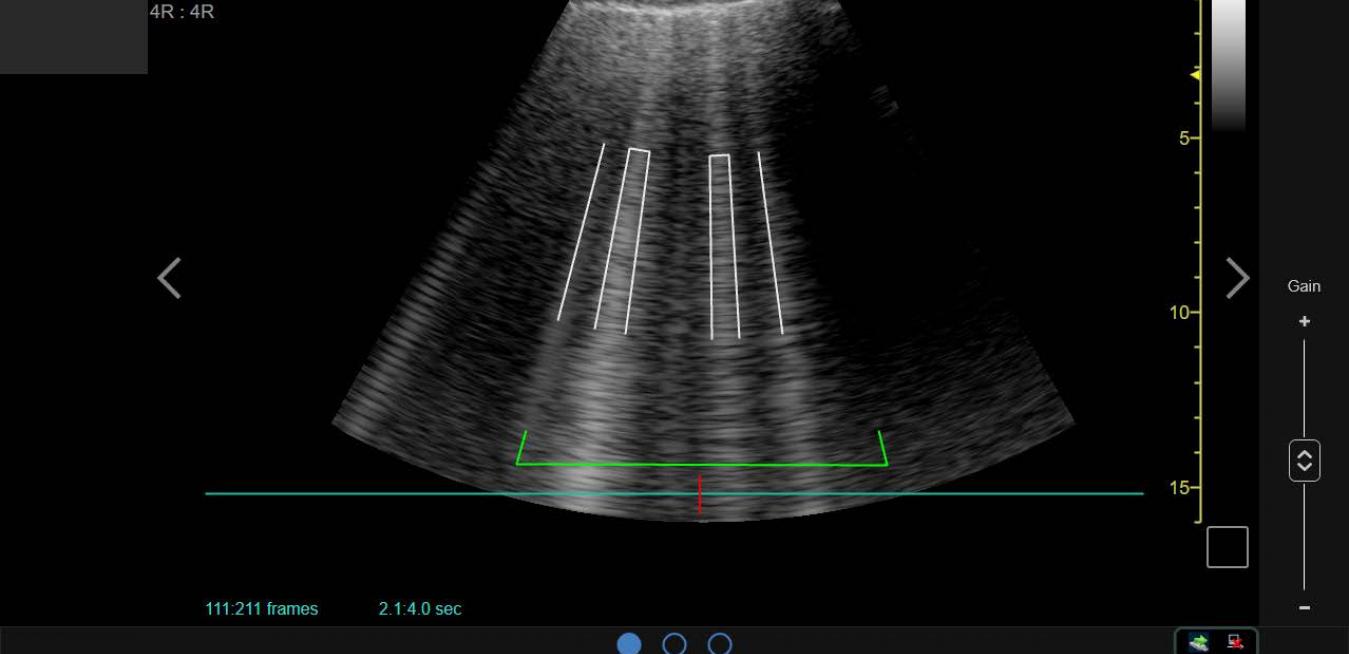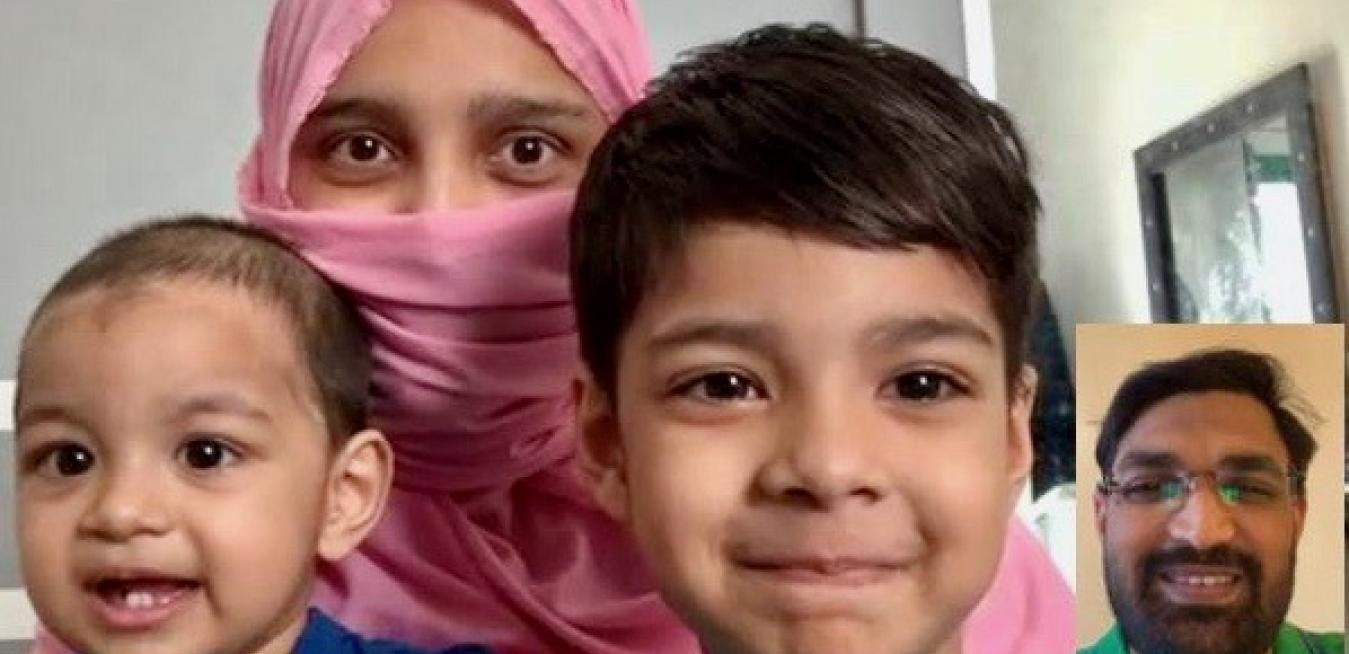The severity of COVID-19 grew chillingly real for Carlos Jimenez by the third week in March, when it claimed the life of the father of his closest friend, a man he had known and revered since he was a teenager. It was then that Jimenez, a 41-year-old resident of Madrid, Spain, realized that he could no longer bear to watch the suffering that had enveloped seemingly every aspect of life. “I would move boxes or whatever else I needed to do,” he says. “I wanted to go to the trenches and do my part.”
World records are often done to assert primacy — but sometimes they’re inspired by necessity. The latter was the case with the longest nonstop flight with paying passengers, completed in March by Air Tahiti Nui. With the outbreak of COVID-19, French nationals on the South Pacific island of Tahiti found themselves unable to return home due to international travel bans.
A map matching coronavirus and human proteins could help scientists find possible COVID-19 treatments among existing drugs, researchers in Texas have been studying llama antibodies for their therapeutic potential, and restaurateurs in the Netherlands are thinking outside the box about dining out in the era of social distancing — it’s just that the dining will happen inside a box. Here’s our weekly roundup of hopeful developments in the fight against the coronavirus.
The North African country of Algeria is blessed with natural resources, including 12.2 billion barrels of oil and 4.2 trillion cubic meters of natural gas, most of which are buried deep beneath the broiling sands of the nation’s southern regions. What this mostly desert country is not blessed with, though, is an abundance of water.
In the midst of the global pandemic, hopeful news has emerged: Nasal swabs are a common way to test for the new coronavirus, but soon just a little saliva could do, a promising vaccine is on the horizon, and in Mexico it’s now possible to get your hands on a very cool protective face mask.
The world’s doctors are now fighting against the COVID-19 pandemic on two fronts. The virus is still chiefly known as a lung-related affliction; its main symptom is a dry cough, which, in acute cases, can lead to viral pneumonia. But the new coronavirus also assails other vital organs, including the one that lies between the lungs: the heart.
Ultrasound machines, perhaps best known for imaging fetuses in a mother’s womb, have been around for decades. They’ve also now become an important tool on the front lines of fighting COVID-19, as doctors realized their fast deployment, flexible design and small size can save time in helping patients.
GE posted its first-quarter earnings on Wednesday. Reflecting on “a challenging quarter,” GE Chairman and CEO H. Lawrence Culp Jr. said “the world has fundamentally changed” in the eight weeks since he last updated analysts and investors. “This was a challenging quarter for GE, especially in Aviation, where we saw a dramatic decline in commercial aerospace as COVID-19 spread globally in March,” Culp said.
Categories
tags
For now, Abdulsattar Mohammed can’t go home.
